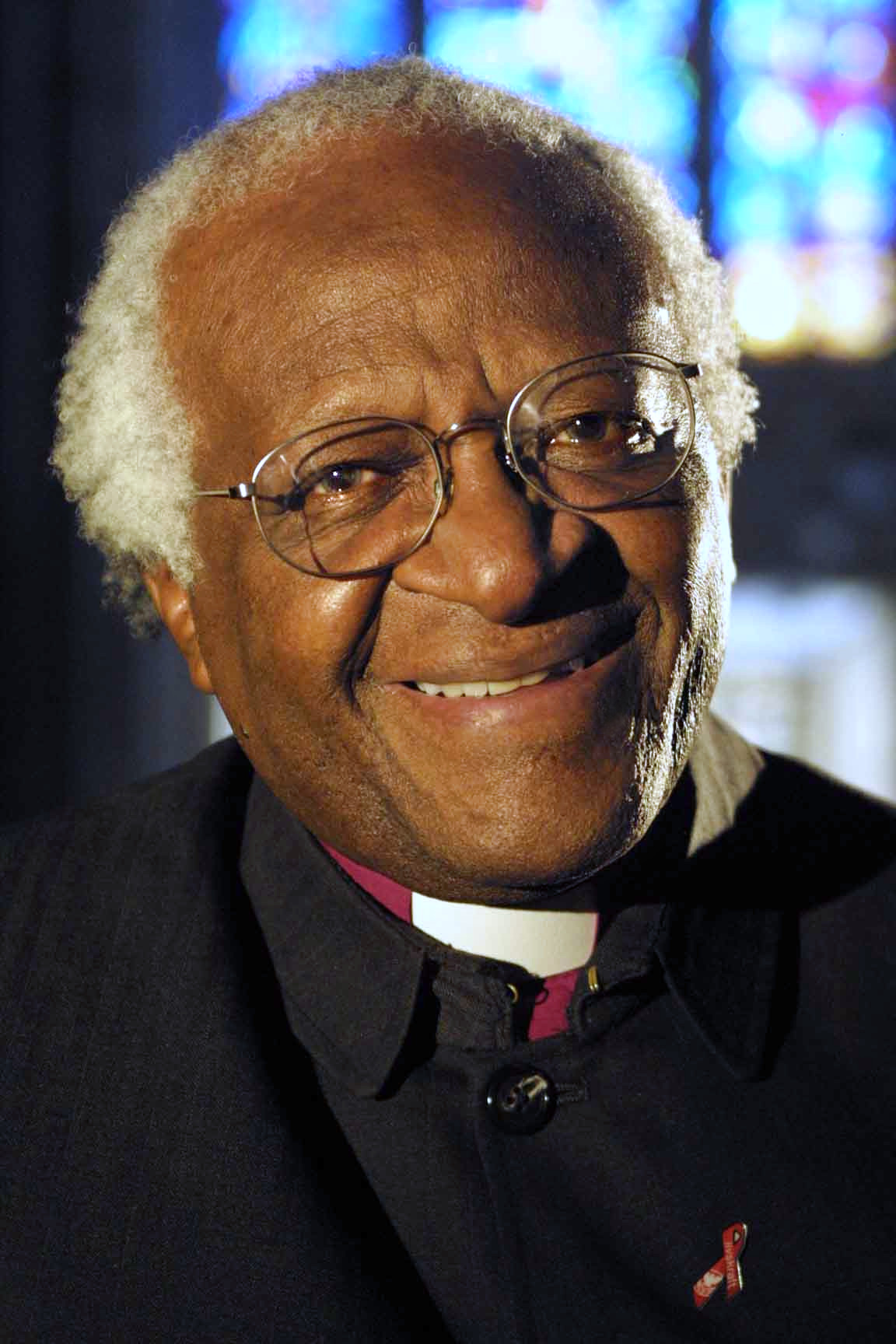My word for 2022

My word for 2022 began poking at my mind back in December. As I wrapped up work before the holidays, I was getting some feedback about my hard edges. In my journal I wrote repeatedly, “Let your gentleness be evident to all. The Lord is near.” (Philippians 4:5)
But what is evidence of gentleness? Why does Paul emphasize gentleness again and again, naming it as a gift of the Spirit? Why does Jesus describe himself as gentle (Matthew 11:29)?
I hesitated to claim this word because it is countercultural to ideals of Western leadership. Frankly, it sounds weak. Can a leader afford to be gentle in these times? Yes, I say, but perhaps not in our common understanding of the word gentle.
While we are all endowed with the capacity for gentleness, it is not our first nature. Think of a healthy two-year-old. If our “first nature” entails primary emotions – such as sadness, happiness, anger, fear and disgust – gentleness is a second nature phenomenon. Gentleness is the capacity to harness the energy of those primary emotions, like one might gentle a wild horse, to put its strength to good use. Gentleness is a character trait that we can learn through practice. It can become our second nature.
Therapist Mia Tabib writes: “Gentleness is both soft and fierce, and so are you.” She offers “six rules of softness,” to rediscover our “gentle-power.” One that I need to practice is this: “Be gentle with yourself, so that you do not become your own tyrant.”
The late philosopher and psychoanalyst Anne Dufourmantelle wrote that gentleness was, above all other things, a force of potentiality. It holds open the door for something new to emerge. Gentleness, she wrote, “has a transformative ability over things and beings, it is a power.”
Just three weeks ago, South African Archbishop Desmond Tutu died. I remember him for his joyful and gentle demeanor, in addition to his mighty deeds. As he worked to dismantle apartheid, very surely he experienced sadness, anger, fear, disgust and more, as captured in this poem by Ingrid de Kok (in full, here):
The Archbishop chairs the first session
The Truth and Reconciliation Commission. April 1996. East London, South Africa.
On the first day
after a few hours of testimony
the Archbishop wept.
He put his grey head
on the long table
of papers and protocols
and he wept. . .
Archbishop Tutu might have responded to the terrible events of apartheid in so many ways. I believe his commitment to truth and reconciliation were strong evidence of gentleness, as were his joyful and effervescent demeanor.
This year, I want to be gentle – with joy and tenderness and power. “Gentleness” is my word for 2022.
Rebecca Stoltzfus
P.S. Curious about my prior words of the year? You can read those posts here:




